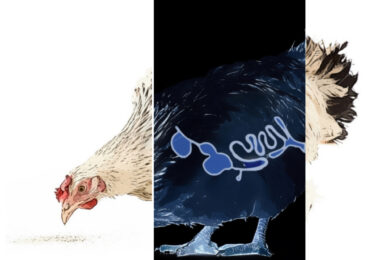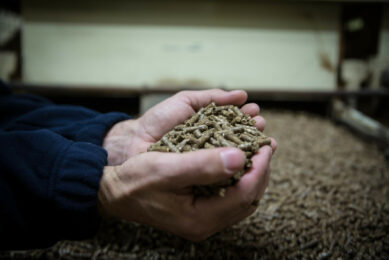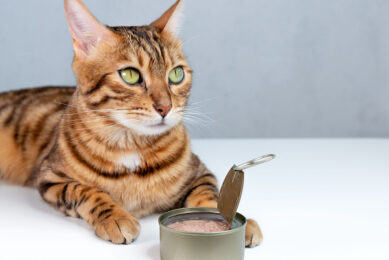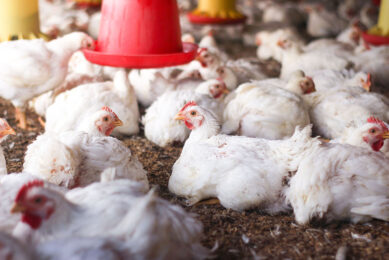Study: Risk of Salmonella in fish fed chicken offal
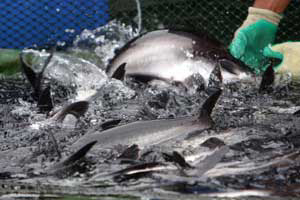
Scientists in Malaysia found that fish that are fed chicken offal and spoiled eggs can be a potential source of Salmonella spp and have a high risk of spreading antibiotic resistant genes.
In the Asia–Pacific region farmed fish are fed both commercial and homemade feeds (fresh feed material or farm feed material). According to the FAO, homemade feeds are often used to reduce production costs and usually comprise of chicken viscera, kitchen refuse, chicken bone, and other food waste materials (New and Csavas, 1995). Such feeds can be a source of pathogenic bacteria such as Salmonella spp. (Burr and Helmboldt, 1962 and Lunestad et al., 2007) which can be transmitted to catfish and tilapia and ultimately to consumers.
The aim of the study was to determine the prevalence, antibiotic resistance and occurrence of plasmids in Salmonella serovars isolated from catfish and tilapia obtained from wet markets and ponds in Malaysia.
A total of 172 samples (32 catfish carcass rinse, 32 catfish intestines, 32 tilapia carcass rinse, 32 tilapia intestines, and 44 water samples) were obtained from nine wet markets and eight ponds that were fed chicken offal, spoiled eggs, and commercial fish feed from 2008 to 2009.
Seven Salmonella serovars were isolated from catfish, tilapia, and water samples. Salmonella isolates were resistant to chloramphenicol (C, 37.2%), clindamycin (Da, 100%), rifampicin (Rd, 90.7%), spectinomycin (Sh, 27.9%), and tetracycline (Te, 67.4%). The predominant antimicrobial resistance profiles of Salmonella serovars from catfish, tilapia and water were CDaRdTe, DaRdSh, and DaRdTe. The presence of plasmids represents a potential health hazard since plasmids can mediate the transfer of antibiotic resistance genes to other bacteria present in the fish, and aquaculture environment, which can also enter the food chain.
Conclusion
Feeds such as chicken offal and spoiled eggs can be potential source of Salmonella spp. and the high risks associated with the dissemination of antibiotic resistance genes among bacteria associated with catfish, tilapia and environment of aquaculture systems. This should be considered seriously by legal authorities to make appropriate laws and regulations.




